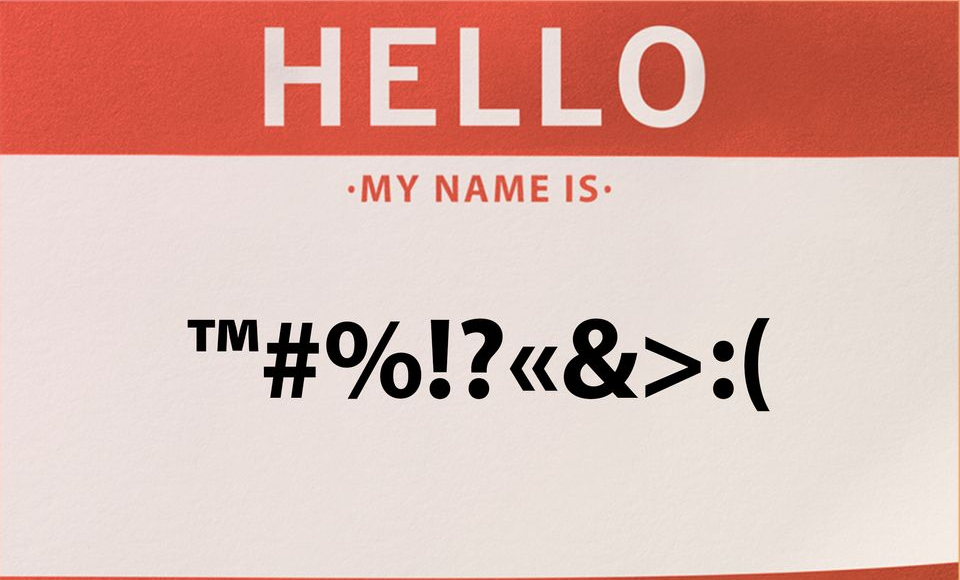Goodbye to Hello
Aside from "OK", is there any English word in the world that is better known than "hello", or maybe "thanks", or "bye"?
Now get this:
Read the rest of this entry »
Aside from "OK", is there any English word in the world that is better known than "hello", or maybe "thanks", or "bye"?
Now get this:
Read the rest of this entry »
It's a bit unclear what exactly happened recently to prompt the article, but the general information it conveys is interesting.
"Korean deaf LGBT activists create new signs to express identities with pride", by Lee Hae-rin, The Korea Times (9/24/22)
Woo Ji-yang, 33, is a deaf gay man based in the southern city of Busan. For most of his life, he felt shame and humiliation when he introduced his sexual identity in Korean Sign Language (KSL). The manual sign for "gay" in KSL describes an act of anal intercourse between two men.
Gyeonggi-based CODA (Child of Deaf Adults) and gay man Kim Bo-seok, 34, confessed he has lived through a dilemma similar to that of Woo's. He has been a bridge between the hearing and deaf community as a child of deaf parents and a sign language researcher studying KSL for his Ph.D., but the sign language expressions that contain overly sexualized and degrading connotations of sexual minorities have made him hesitate to come out and live freely for a long time.
Read the rest of this entry »
…and 368 other words, in its September 2022 New Words list.
This is a close as we now get to a genuine "Word Induction Ceremony", as imagined on Comedy Central in 2008 (see "Ozay, dot-nose, kangamangus", 12/5/2008).
Some version of the vetting process has of course been in place as long as dictionaries have existed, as described by F.A. Austin in 1923 ("Getting into the English Dictionary; Every New Word Must Pass an Inquisition to be Admitted to the Select 500,000", NYT 6/3/1923), with this illustration [cited here by Ben Zimmer]:
Read the rest of this entry »
Following up on "The dynamics of talk maps" (9/30/2022), I created and parameterized such representations for the published CallHome conversations in Egyptian Arabic, American English, German, Japanese, Mandarin, and Spanish. The goal was mostly just to set up and debug an analysis pipeline, including the extraction of 14 first-guess parameters per conversation, on the way to analyzing the much larger set of much more diverse conversational data that's available.
But just for fun, I used t-SNE to reduce the 14 dimensions to 2 for visualization purposes. I didn't expect much, but some differences emerged in the distribution of points for conversations in the different languages:
Read the rest of this entry »
All Japanese individuals who have attended elementary school since WW II have been taught to read and write romanized Japanese, and romanization is widely used for computer inputting and for other specialized purposes, particularly for those involving foreigners who do not know kana and kanji, but by no means for everyday reading and writing by Japanese citizens. There are numerous different schemes for the romanization of Japanese, but the three main ones are: Hepburn, Kunrei-shiki, and Nihon-shiki. More about each of them below, but first a rough comparison of the two leading systems:
From Momoko Jingu, "Cultural agency now weighing romanization of Japanese words", The Asahi Shimbun (10/1/22).
Read the rest of this entry »
In sending along the photograph below, Geoff Dawson writes:
I find it hard to believe it takes nine characters. Curious as to what they really say.
From a furniture shop in South Melbourne Australia.
Read the rest of this entry »
This is a story about the frustration of a mom in China over the fact that the character for her child's surname, cuàn 爨, has 30 strokes (some sources say 29).
Aside from its use as a surname, this monstrosity of a glyph can also mean "to cook" and "oven; cooker; cookstove". Although cuàn 爨 certainly should have been a candidate for simplification, so far as I know, no simplified character for it exists, at least none that is official.
There are a dozen or so alternate forms, e.g., 熶, but most of them are very obscure and cannot be found in electronic fonts. See here for a few.
Read the rest of this entry »
 Katie Deighton, "What Can’t the Internet Handle in 2022? Apostrophes", WSJ 9/29/2022:
Katie Deighton, "What Can’t the Internet Handle in 2022? Apostrophes", WSJ 9/29/2022:
Sybren Stüvel is an Amsterdam-based software developer with a fairly uncommon name and a surprisingly common predicament.
As he completes the tasks of daily life, computers refuse to accept his name as valid or mangle it entirely. A credit card provider rejected his moniker, a Vancouver hotel hit bumps locating his reservation—as he stood there exhausted from a nine-hour plane trip—and an airline wouldn’t let him check into a flight. “You can imagine my stress level,” he said.
While buying insurance, he said, “They asked me to confirm that my last name is indeed Stüvel.”
Read the rest of this entry »
Over the years, across many disciplines, there have been many approaches to the analysis of conversational dynamics. For glimpses of a few corners of this topic, see the list of related posts at the end of this one — today I want to sketch the beginnings of a new way of thinking about it.
Read the rest of this entry »
Netizens in Taiwan are having fun sharing a photo of a beverage promotion that comes with a Winnie doll in a bottle.

(source of photo and article in Chinese)
Read the rest of this entry »
Last spring, when Shanghai was in the midst-of a harsh, months-long lockdown, so many people were thinking of running away from the city that they even developed a "RUN-ology" (rùnxué 潤學, i.e., how to escape and go abroad), where "RUN" is a Chinese pun for English "run".
Original meanings of Mandarin rùn 潤:
(source)
"RUNning away from Shanghai" (5/13/22)
Read the rest of this entry »